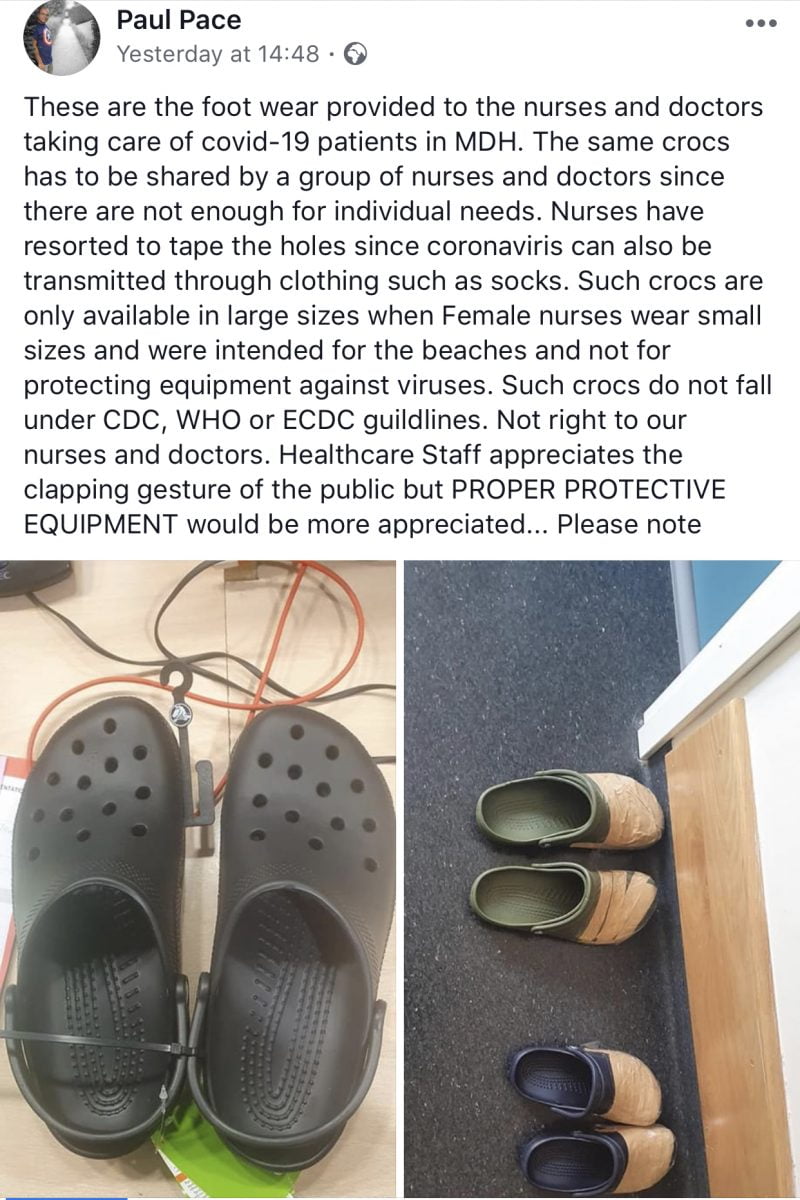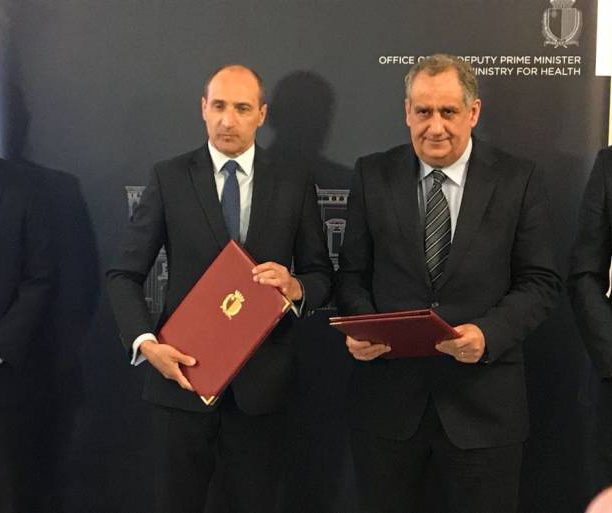Steward Healthcare had committed to investing in a new Gozo hospital, a state-of-the-art rehabilitation hospital at Karin Grech and the complete refurbishment of St Luke’s hospital.
The Shift asked Balzan whether Steward Healthcare, which runs and owns three of Malta’s hospitals, was fulfilling its role in running the hospital. “Most of the management has not changed. Apart from Barts Medical School, we don’t see the promised €200 million investment. Routine maintenance is also lacking.”
Steward Healthcare has been at the receiving end of criticism as the number of cases of coronavirus increase. Last week, the government issued a call for a pre-fabricated hospital that has to be built in eight weeks and take up to 90 patients.
Also, up until two weeks ago, patients in Gozo infected with the virus were being sent to Mater Dei Hospital instead of being treated at Gozo Hospital, which is run by Steward.
Steward Healthcare also recently submitted the master plan for the redevelopment of St Luke’s Hospital, which includes demolishing and rebuilding Karin Grech hospital.
The Shift also asked Balzan whether the Public Private Partnership with Steward Healthcare had created an additional burden on medical services in light of the ongoing coronavirus epidemic. Balzan said he felt this was not the case, but if cases increased additional beds would be required.
“Additional space for intensive care and patients will be necessary if we get the Lombardia curve. At a peak we could need 100 intensive care beds,” he said.
Lombardy was one of the worst-hit towns in Italy by the virus, with thousands sick and dead.
He stressed that one of the most important elements in managing the epidemic was the discipline of the Maltese to follow instructions and stay inside.
The association, which represents the majority of Maltese doctors, felt the authorities were aware of their needs but there was a problem of supplies because of a global shortage.
“We are coping at present – but we need protective gears and masks for a projected worst-case scenario,” he said.
The shortage of equipment was also highlighted by Paul Pace, president of the Malta Union of Midwives and Nurses, who urged the authorities to step up the game and provide medical staff with the proper equipment.

Turning to containment measures, Balzan said the association would have preferred that flights from the UK and Italy were closed one week earlier as this gave rise to a “seeding” of the virus, which made it more problematic.
“To date, the organisation of health services is satisfactory. However, there is some rationing of consumables because of the global shortage,” he said.
The health authorities’ containment strategy with 500 tests a day, which was based on the Korean model was a good one, Balzan said.
He also pointed out that, if local transmission increases, a total lockdown may be necessary but – again – it depended on the discipline of the Maltese. “We support the fines and, in fact, we had recommended them”.
Although an early aggressive containment strategy would have flattened the curve more – especially since Malta is an island, Balzan said that the numbers were still manageable.
The outcome very much depends on two things. Timely decisions by the health authorities were important, even if tough. He noted it was not easy to get it right where there was no textbook reference, but the association advised to err on the side of caution. Next, he stressed discipline.
“The discipline of the Maltese population is fundamental – only the Maltese people can spread this disease, and only they can contain it,” he said.












